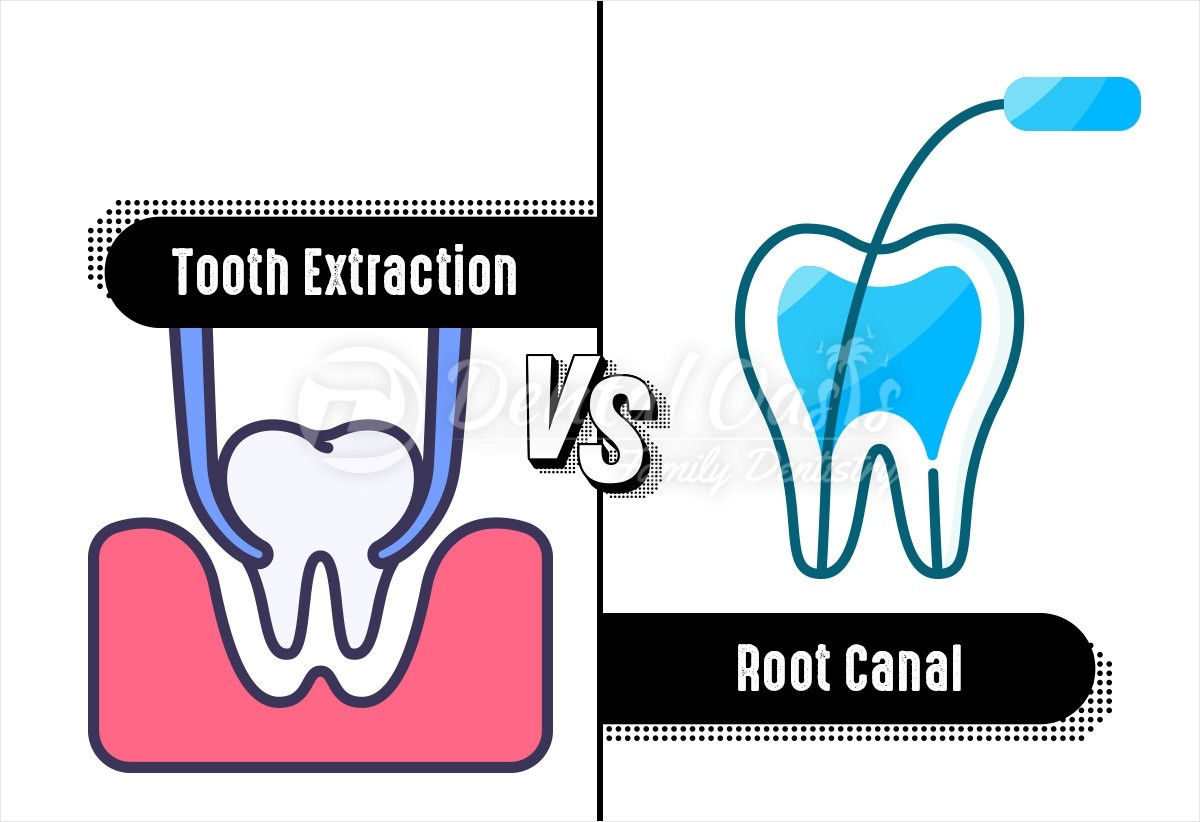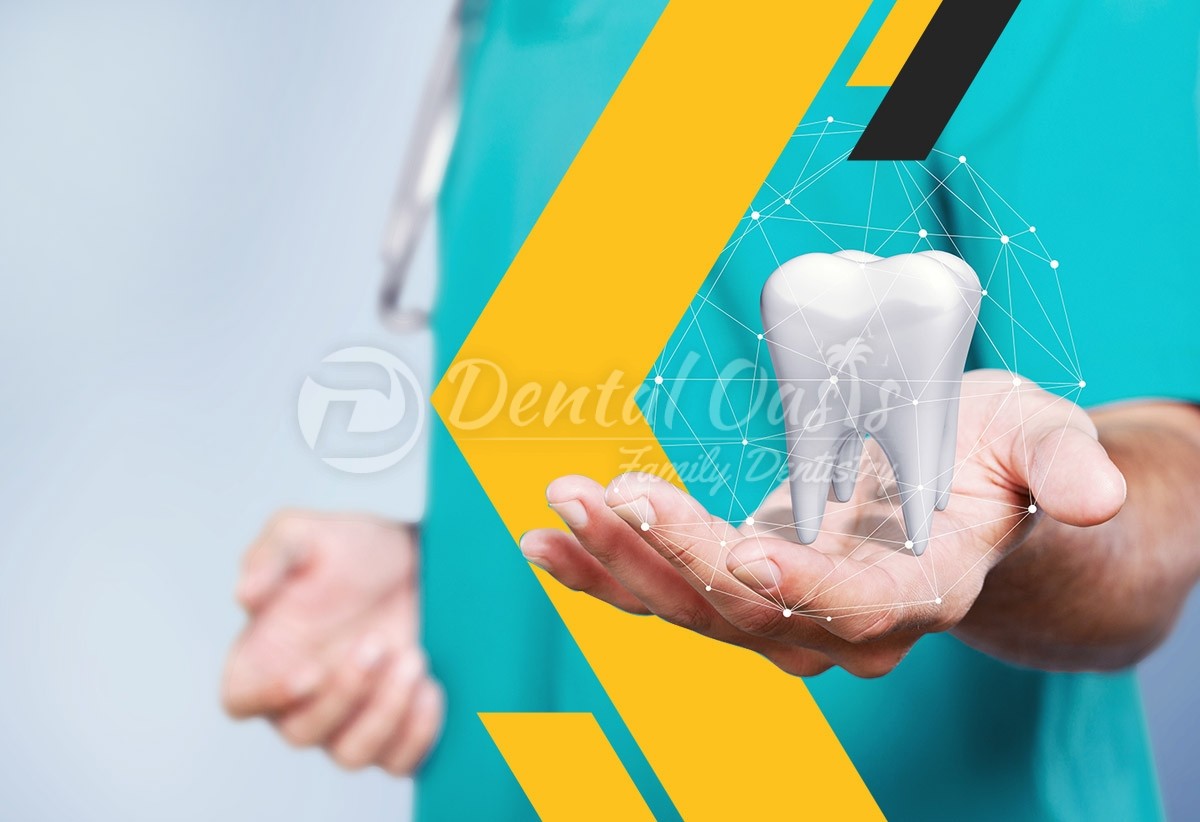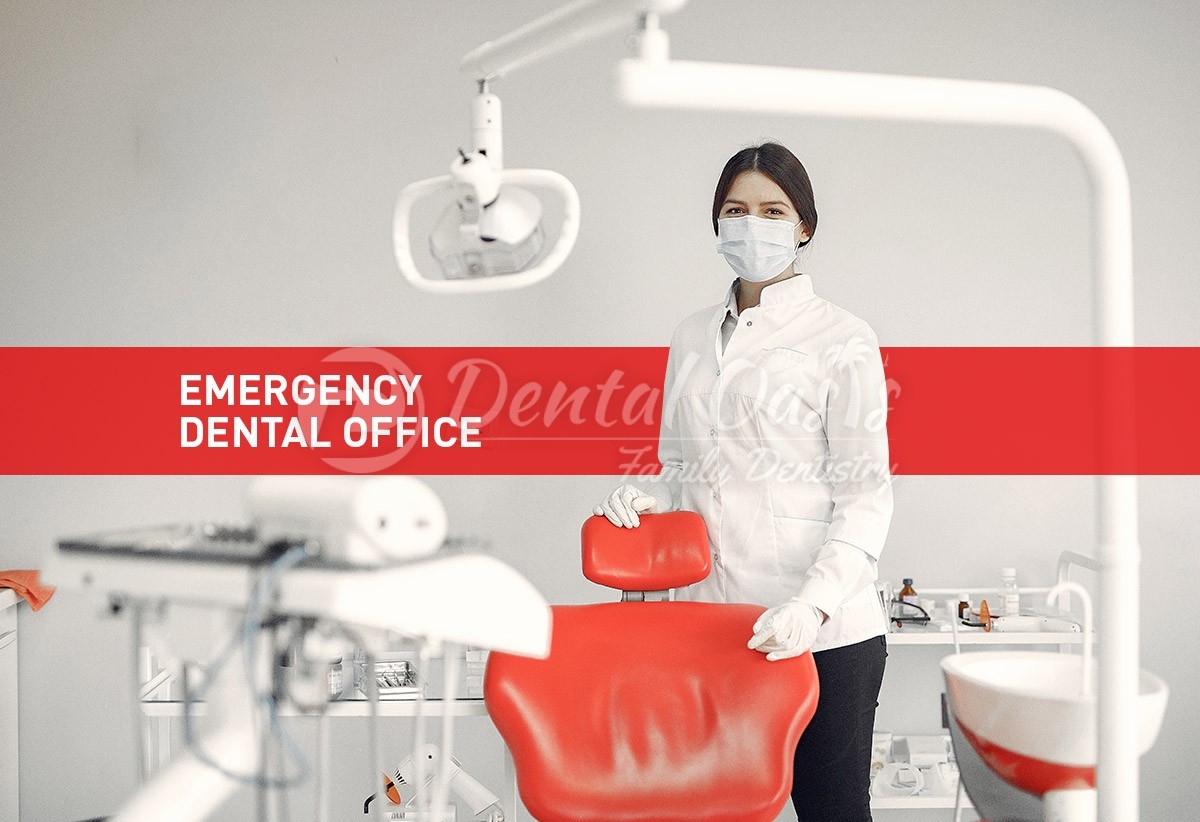Tooth Extraction Vs Root Canal: Which One Is Right for You?

Presented with a choice of either a root canal treatment or tooth extraction can feel daunting. However it is a common situation to be in when your teeth show extensive decay. If your dentist has given you these choices, it will be worthwhile to understand each of them in some detail:
YOU MAY ALSO LIKE: How To Get Rid of Toothache Fast
Root Canal Overview
A root canal treatment is undertaken when the pulp, which is the innermost layer of the tooth, is damaged or diseased. In such cases, a root canal is the only way to save the tooth. The procedure involves numbing the tooth with a local anesthetic and then creating an opening into the tooth. With the use of tools, the damaged tissue is cleaned. The diseased pulp removed & the canals disinfected. The canals are next filled with a material known as gutta-percha. It plays an extremely important role in sealing the tooth against infection. A crown may next be put on the tooth to restore strength.
After the root canal treatment you may feel some discomfort for a few days for which pain relievers will be helpful.
YOU MAY ALSO LIKE: Root Canal Recovery Time
When Should You Go for Root Canal?
Some of the conditions which might necessitate root canal treatment include:
- Pain in chewing
- Cracked tooth
- Sensitivity in teeth
- Swollen gums
- Discoloration of tooth
- Gum decay
Tooth Extraction Overview
Much like a root canal treatment, a tooth extraction also involves numbing the area. Special tools are then used to loosen the tooth and pull it out. Some amount of bleeding is to be expected, for which the dentist will ask you to bite down on gauze for 30-45 minutes. You may experience some swelling for which an ice pack is helpful. It is imperative that you follow the dentist’s instructions till the tooth extraction site heals completely.
Once the extraction site has healed replacing the tooth is a priority. If that is not done, it can impact the other teeth, which could then shift out of place. Depending on your bespoke needs & budget the dentist will be able to recommend whether you should go in for an implant or opt for a dental bridge, for example.
When Should You Go for Tooth Extraction?
Conditions that might make a tooth extraction necessary include:
- Overcrowding of teeth
- Periodontal disease on account of build up of plaque & tartar
- Trauma
- Severe tooth decay
- Any milk teeth that haven’t shed & are causing hindrance
- If the tooth isn’t accessible to perform a root canal
Tooth Extraction vs Root Canal: Main Difference
While replacing a missing tooth is easy, there is nothing quite like retaining your natural tooth. If you have a choice between the two, therefore, a root canal treatment is preferred over an extraction. Let us look at some of the advantages that root canal offers over an extraction, besides the fact that it helps save your natural tooth:
- Even though a root canal has the dubious distinction of being a very painful procedure, in actual fact it is not painful. In fact healing from an extraction takes far longer & is more painful than a root canal. With modern techniques & availability of anesthesia, root canal treatment is virtually painless.
- A root canal therapy is also time saving if you consider the fact that an extraction has to be followed up with tooth replacement, which involves a certain length of time & sittings.
- An extraction leaves a gap in your mouth creating an imbalance in the dental structure. The other teeth then move to fill up the gap. Root canal therapy however keeps the teeth in their natural position. This ensures that your bite is normal & the health of the other teeth is not compromised.
- In terms of cost, while a root canal seems to be more expensive than an extraction, the fact is that an extraction needs to be followed up with tooth replacement, which in the long run can turn out to be more expensive than a root canal treatment. While some people may consider tooth replacement to be unnecessary, the fact is that other than aesthetics it can cause a number of issues such as movement of the other teeth. It is therefore imperative to have a replacement tooth or a bridge in place so that long- term functionality is not impacted. While the upfront cost of root canal treatment is higher than an extraction, the costs with extraction accumulate as tooth replacement costs.
To Sum Up
However, that in certain conditions, if the teeth cannot be saved at all even with a root canal, emergency tooth extraction must be resorted to.
While both tooth extraction, as well as a root canal treatment, are safe procedures, your dentist will be in the best position to advise you and for advice and tooth-related problem, you can schedule a dental appointment right now.
FAQs
Is Root Canal treatment more painful than an extraction?
No. While Root Canals have a reputation of being painful, with modern technology & the availability of anesthesia, you do not tend to feel pain whilst you get a root canal treatment done. Extractions aren’t too painful either but they will leave the area sore for some days & you are likely to feel pain for which painkillers will be prescribed.
Which is a cheaper procedure- Root Canal or Extraction
On the face of it extraction is cheaper. However, when you take into account the fact that extraction has to be followed up with tooth replacement, root canal will turn out to be cheaper.







